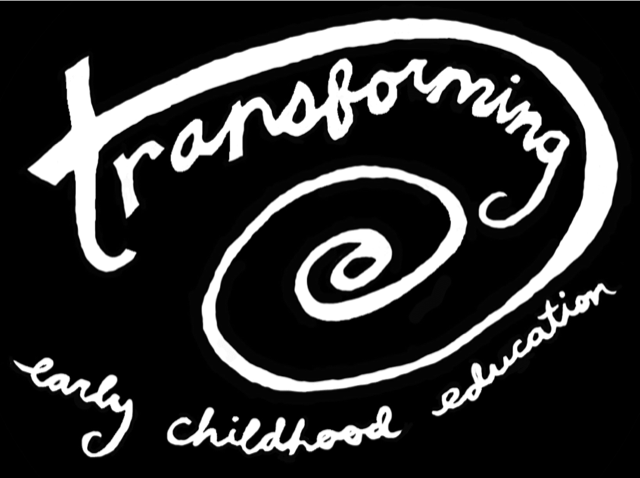Imagine if I told someone you were having a "tantrum"…
I want you to imagine that you've had a tough day. You feel like everything is going wrong. You walk into your house, drop your bags on the floor, sigh loudly and walk to the kitchen.
In the kitchen, your partner is on the phone. They say, "I better get off the phone. You know who is home, and they are having a total tantrum about something that I am sure is no big deal."
You look at your partner with disbelief. All you wanted was to get home to them. You thought they would provide you with a listening ear and comfort after a very long day.
Although they might not fully understand why you feel the way you do, you know you need their support because you are dysregulated. You needed someone to help you take a deep breath, work through your problems and come up with a way to get back on track for the rest of the evening.
Instead, you were met with someone being dismissive of your feelings. Someone who you trusted embarrassed you instead of supporting you.
Now imagine that you have only been on this planet for three years. You have so many big feelings and don't know what to do with them. All you want is someone to help you, but you don't know how to ask for help.
You hear this trusted person say tantrum, meltdown, and no big deal. But it feels like a huge deal, and you don't know what to do because you are DYSREGULATED.
I am so tired of seeing the words tantrum and meltdown used to describe a child who is having an emotional release due to dysregulation. When we (adults) use these phrases, we don't seek to understand or support them. We teach them that these feelings are wrong. We seek ways to manage them and move them past their emotions.
When we look at this situation through the lens of support, we help guide the child through their big feelings. We acknowledge that emotions aren't good or bad. We seek to understand their struggles and how we can help provide them with the tools they need to regulate their emotions.
We see ourselves as co-regulators, support systems, and trusted adults.
Our children deserve better... Do better...


